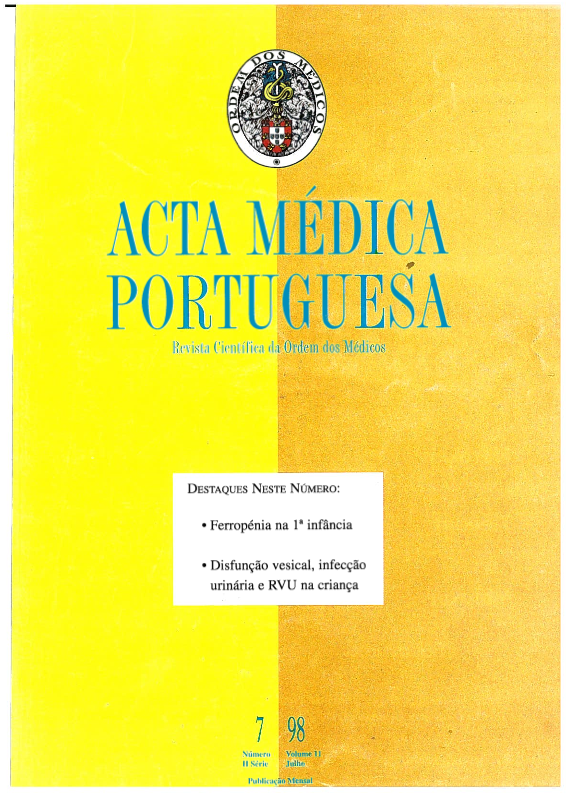Lipid disorders in children with insulin-dependent diabetes mellitus.
DOI:
https://doi.org/10.20344/amp.2298Abstract
Lipid and lipoprotein disorders are frequently detected in insulin dependent diabetics, which predisposes the high cardiovascular risk present in these patients. Studies performed with insulin dependent children showed early changes in lipid metabolism, usually correlated and aggravated by poor glycemic control. However, there are abnormalities present even in diabetic children with good glycemic control. The usual measures used to improve diabetic control are not sufficient to correct all the lipid disorders in Diabetes Mellitus. Hyperglycemia is the major factor, inducing metabolic lipid changes by increasing hepatic synthesis of triglycerides and promoting lipoprotein and apolipoprotein glycosylation and oxidation. Other changes, associated with the decrease of lipoprotein lipase activity are directly related to insulin deficiency. The lipid profile in children with poor diabetic control is similar to that already described for adult patients. The main abnormalities found are: increased levels of triglycerides, VLDL-Tg, LDL-Tg, VLDL-Cholesterol, Apo B and Apo CIII, with decreased values of HDL-Cholesterol and Apo AI. As there is a strong correlation between control and the degree of lipid changes, even with normal levels of cholesterol and triglycerides, measurements of Apo AI, Apo B100 and Apo CIII seem to be good and reliable indicators of glycemic control in diabetic children, and a factor with high predictive value for the evaluation of cardiovascular risk in adult patients.Downloads
Downloads
How to Cite
Issue
Section
License
All the articles published in the AMP are open access and comply with the requirements of funding agencies or academic institutions. The AMP is governed by the terms of the Creative Commons ‘Attribution – Non-Commercial Use - (CC-BY-NC)’ license, regarding the use by third parties.
It is the author’s responsibility to obtain approval for the reproduction of figures, tables, etc. from other publications.
Upon acceptance of an article for publication, the authors will be asked to complete the ICMJE “Copyright Liability and Copyright Sharing Statement “(http://www.actamedicaportuguesa.com/info/AMP-NormasPublicacao.pdf) and the “Declaration of Potential Conflicts of Interest” (http:// www.icmje.org/conflicts-of-interest). An e-mail will be sent to the corresponding author to acknowledge receipt of the manuscript.
After publication, the authors are authorised to make their articles available in repositories of their institutions of origin, as long as they always mention where they were published and according to the Creative Commons license.









